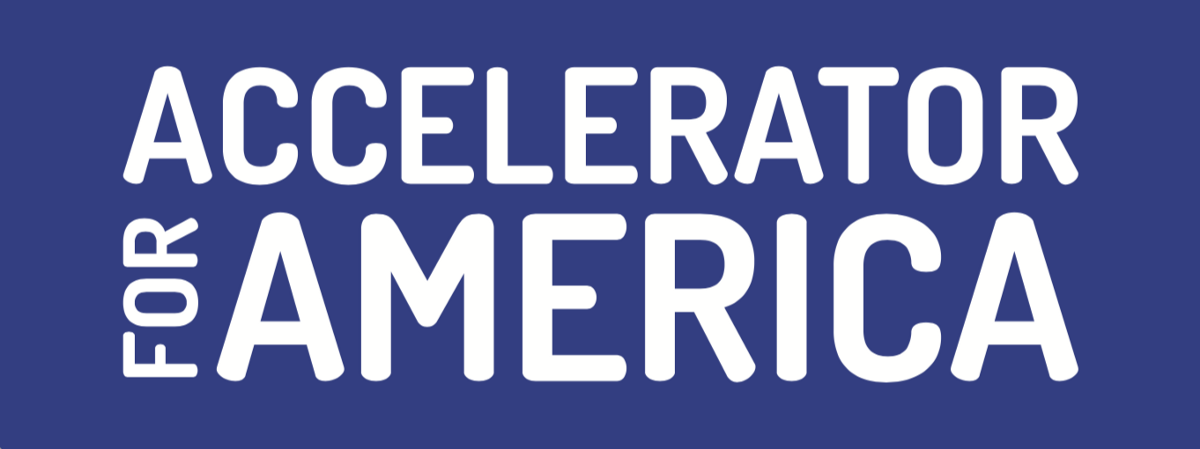Route Fifty: The Wide Gaps Between Minority and White Business Ownership in America’s Cities
A new data tool offers ways to gauge the disparities with businesses in the nation’s largest metro areas. It also includes information on women-owned firms.
MARCH 30, 2021 | By Bill Lucia, Senior Editor
In cities throughout the U.S., the share of businesses owned by Black and Hispanic residents is well short of the firms owned by white and non-Hispanic people. There are similar gaps when it comes to businesses owned by women, which are less common than those owned by men.
This week, Accelerator for America, a group that focuses on economic development, infrastructure and other issues in cities, along with Drexel University’s Nowak Metro Finance Lab, released a data analysis tool that gives city leaders and others a way to get a clearer understanding of how these disparities in business ownership look.
The project comes as the coronavirus has battered parts of the economy for over a year.
The Small Business Equity Tool gives users a way to look at rates of business ownership, average annual sales and other statistics in major cities and metro areas across different demographic groups—Asian, Black, Hispanic, minorities overall and women.
Statistics for the different groups can be compared to white-owned, non-Hispanic-owned or, in the case of women, male-owned businesses. Comparisons between the metro areas and cities, and against average statistics for all of them, are possible, too.
Giving a sense of the imbalances that exist, Accelerator for America points out that there are about three Black-owned businesses for every 1,000 Black Americans, compared to more than 20 white-owned businesses for every 1,000 white Americans in areas the tool covers.
“Pre pandemic, our racial and gender wealth gap trapped too many Americans and held back our entire economy,” Aaron Thomas, the group’s president and CEO, said in a statement. “We must use our recovery from Covid-19 as an opportunity and inflection point to aim for equity in business ownership.”
The data tool, developed in partnership with the Mastercard Center for Inclusive Growth, was released along with a set of recommended best practices—the National Inclusive Metro Recovery Playbook—for cities to forge more inclusive and sustainable economies.
Data for the nation’s 100 largest metro areas and 105 cities are available in the analysis tool, which incorporates an interactive map in its design. The tool relies on 2017 data from the U.S. Census Bureau, which the groups say is the most recent that was available.
Birmingham, Alabama Mayor Randall Woodfin said best practices recommended by Accelerator for America and Drexel, and the new data tool, have proven to be useful resources for his city as officials there look to address racial disparities with business ownership.
Black residents make up 71% of Birmingham’s population, but own just 6% of the city’s businesses with paid employees, the mayor added in a statement.
“One way we're working to address that gap is by looking inward at the city of Birmingham's spending capacity with minority-, women-owned, and disadvantaged business enterprises,” Woodfin said. “We are rallying corporate and institutional partners to do the same.”
Read the full article here.
